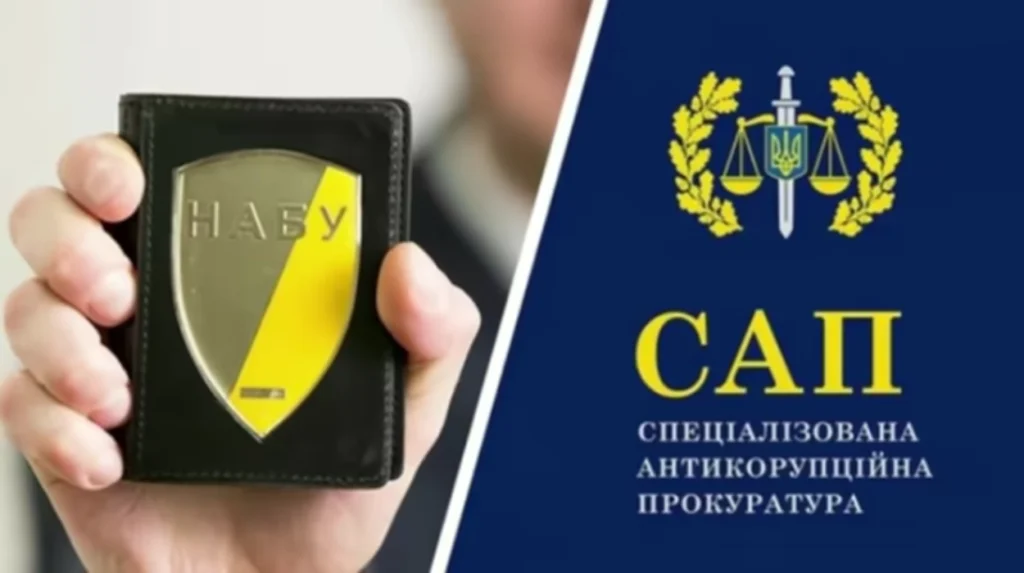Leaders of Ukraine’s top anti-corruption agencies convened in Brussels, signaling a significant moment in Ukraine’s ongoing fight against corruption amid increasing international pressure and internal reforms. This high-level gathering took place as Ukraine seeks to bolster the independence and effectiveness of its anti-corruption institutions, which are essential for the country’s broader ambitions of European integration and political stability.
Context of Ukraine’s Anti-Corruption Challenges
Ukraine’s fight against corruption has been a central theme since the 2014 revolution, with the establishment of key bodies such as the National Anti-Corruption Bureau of Ukraine (NABU) and the Specialised Anti-Corruption Prosecutor’s Office (SAPO). These institutions have played crucial roles in investigating and prosecuting high-level corruption cases. However, recent legislative changes in Ukraine sparked deep concern from the European Union and other international partners.
In mid-2025, the Ukrainian parliament passed controversial amendments that placed NABU and SAPO under the oversight of the Prosecutor General, a politically appointed figure, effectively undermining their independence. This move drew sharp criticism from Brussels, where officials warned it could jeopardize Ukraine’s EU membership prospects and risk derailing ongoing reforms. European Commissioner Marta Kos highlighted the importance of maintaining the operational independence of anti-corruption agencies as critical to Ukraine’s path to Europe. She stated,
“The dismantling of key safeguards protecting NABU’s independence is a serious step back”.
The Brussels Meetings: A Renewed Commitment
The meetings in Brussels brought together the heads of these pivotal institutions alongside European officials to discuss the future of Ukraine’s anti-corruption system. They addressed concerns over legislative changes and debated strategies to ensure the agencies remain robust, independent, and effective in their role combating corruption.
Following domestic protests and strong international pressure, Ukrainian President Volodymyr Zelensky took decisive steps to restore the independence of these bodies. He signed decrees annulling previous provisions that allowed prosecutor general oversight, signaling renewed commitment to anti-corruption reforms. This was welcomed in Brussels as “a step back to square one in Ukraine’s fight for transparency,” establishing confidence among Ukraine’s European partners.
European leaders, including European Council President Antonio Costa and European Commission President Ursula von der Leyen, expressed their approval, noting the
“importance of preserving rule of law and continuing reforms necessary for Ukraine’s EU integration.”
Brussels highlighted that ongoing reform will be crucial for securing EU financial aid and deepening Ukraine’s ties with Europe.
Importance of Institutional Independence
The independence of NABU and SAPO represents a cornerstone for Ukraine’s judicial and political reforms. NABU focuses on investigating corruption involving high-ranking officials, while SAPO is responsible for prosecuting these cases. Both report to the High Anti-Corruption Court. The agencies’ impartiality and operational freedom are regarded by EU officials as essential to preventing political influence from derailing investigations and to maintaining public trust.
The August meetings reaffirmed commitments to strengthen these institutions in line with European standards. Ukraine’s anti-corruption leaders emphasized the crucial role of international cooperation and financial support for maintaining operational capacity and integrity.
EU-Ukraine Dynamics on Anti-Corruption
The issue of anti-corruption reform remains a litmus test for Ukraine’s integration with the European Union. The EU has consistently linked financial assistance and accession negotiations to the progress Ukraine makes in strengthening independent institutions and fighting graft. Recent tensions, including Hungary’s veto on opening accession talks citing minority rights and corruption concerns, have complicated the process.
Nevertheless, Brussels continues to back Kyiv’s anti-corruption efforts, with the EU underscoring that
“these reforms are indispensable not only for Ukraine’s political future but also for its long-term reconstruction and stability amid ongoing conflict.”
The EU funds, including dedicated reconstruction monies, come with clear benchmarks related to transparency and judicial reform.
Statements from Participants
Benjamin Haddad, France’s Minister Delegate for European Affairs, met with the Ukrainian anti-corruption heads during this period. He emphasized Europe’s commitment to supporting Ukraine through its reform journey, underlining that financial aid and political support remain contingent on successful implementation of anti-corruption measures.
“Ukraine’s progress in this area directly reflects its democratic resilience and credibility on the international stage,”
Haddad said.
Ukrainian anti-corruption officials likewise expressed determination to maintain rigorous transparency standards despite political challenges at home. They acknowledged the ongoing need to improve institutional capacity and safeguard independence from political interference.
The Road Ahead: Challenges and Opportunities
While the Brussels meetings brought renewed optimism, experts caution that Ukraine’s anti-corruption reforms face complex obstacles. Political pressures, legal amendments, and vested interests continue to present challenges. The recent legislative backstep highlighted the fragility of gains made since 2014.
However, the strong engagement of European institutions and Ukraine’s visible efforts to reinstate anti-corruption bodies’ autonomy indicate a willingness to persevere. Analysts note that keeping these agencies independent is “not just a domestic necessity but a geopolitical imperative” as Ukraine navigates war, economic recovery, and aspirations for EU membership.
The coming months will be critical as Ukraine moves forward with legislative proposals to strengthen the rule of law and as the EU monitors compliance with anti-corruption benchmarks tied to aid packages and integration talks.







